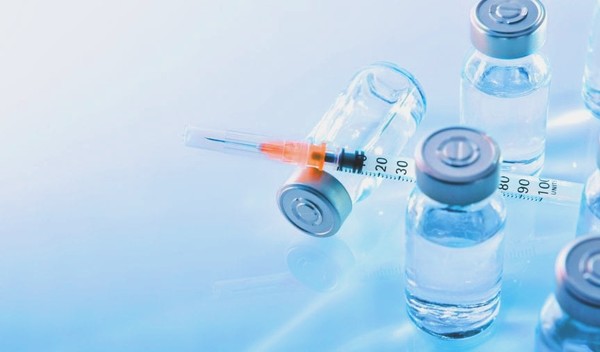The Korea Drug Development Foundation (KDDF) has recently added a slew of candidates for next-generation drugs to the national drug development project to strengthen the competitiveness of the biopharmaceutical industry and secure medical sovereignty.

The selected pharmaceutical companies, including PharmAbcine, Hanmi Pharmaceutical, Bridge Biotherapeutics, and Medytox, will receive funds to develop candidate substances and conduct clinical trials for two years.
In April, the government initiated a 10-year project to provide 2.2 trillion won ($1.86 billion) for new drug development. The project, which will continue through 2030, aims to support new drug developers from deriving effective substances to conducting phase 2 clinical trials. The targeted candidate materials include synthetic drugs, biopharmaceuticals, and natural medicines.
PharmAbcine's PMC-309 is an antibody-drug candidate discovered by its human antibody library known as HuPhage Library.
At the American Association for Cancer Research's meeting in April, the company said it had confirmed the candidate showed a similar level of tumor suppression to the existing PD-1 inhibitors with improved effect when administered in combination.
PharmAbcine plans to obtain approval for global phase 1 clinical trials of PMC-309 after completing plans on the administration method, dosage, checking animal safety, and clinical sample production.
"We expect the differentiated mechanism of PMC-309 to improve the survival rate of patients who do not respond to existing treatments and solve the unmet medical needs of various patients through combined administration therapy," said Dr. Park Cheon-ho, who headed the research of PMC-309.
Hanmi Pharmaceutical's new treatment for congenital hyperinsulinism also became a part of the nation's new drug development program.
The company's LAPS Glucagon Analog (HM15136) is the world's first long-acting glucagon derivative that improves the short half-life of glucagon, promoting glucose synthesis in the body. HM15136 is being developed s a novel drug to treat rare diseases such as congenital hyperinsulinism.
HM15136 showed superior stability to existing glucagon-based drugs in previous clinical trials and maintained normal blood glucose levels in models with severe hypoglycemia. The U.S. Food and Drug Administration and European Medicines Agency reflected the study results in designating HM15136 as an orphan drug for congenital hyperinsulinism in 2018.
The company will also receive research funding for two years to conduct global clinical trials and commercialization.
Also included in the state project is Bridge Biotherapeutics and its BBT-176, a potent cancer therapy for non-small cell lung cancer (NSCLC) with C797S triple epidermal growth factor receptor (EGFR) mutations.
BBT-176 is a novel EGFT tyrosine kinase inhibitor (TKI) that targets mutations developed due to tolerance after receiving existing third-generation treatments, including Tagrisso (ingredient: osimertinib).
"As the fourth-generation EGFR inhibitor, BBT-176 has entered the clinical stage for the first time in the world targeting lung cancer, attracting attention from the global academia and industry," Bridge Biotherapeutics CMO Lee Sang-yoon said. "The inclusion of BBT-176 in the national project has laid the groundwork to speed up its development."

